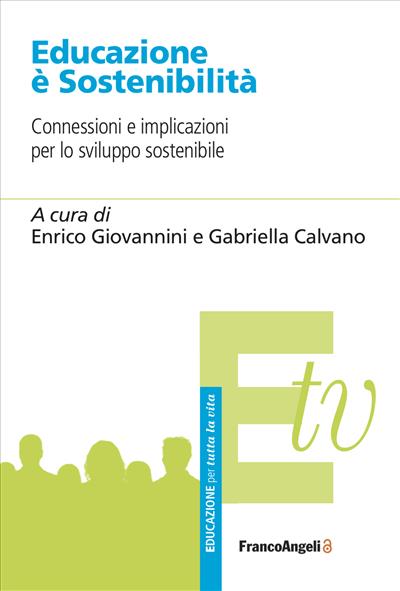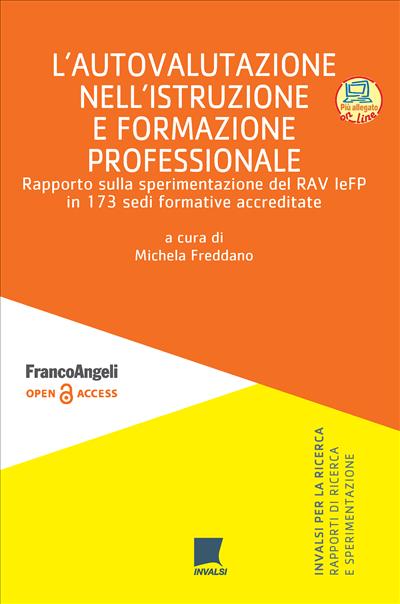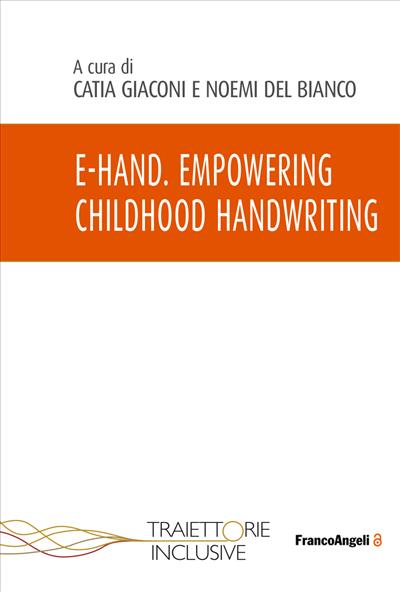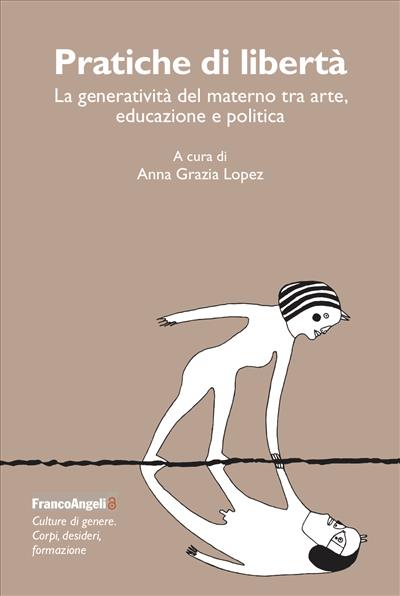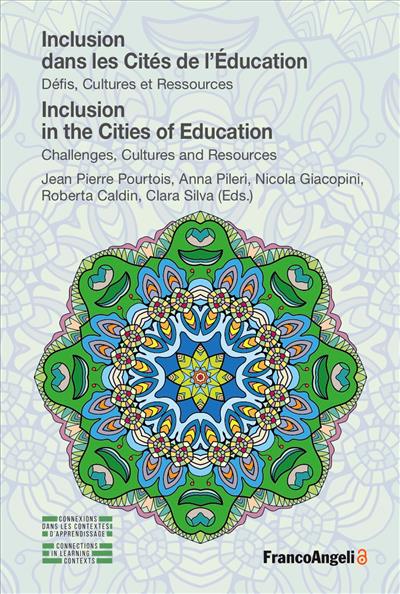
A cura di: Jean Pierre Pourtois, Anna Pileri, Nicola Giacopini, Roberta Caldin, Clara Silva
Inclusion dans les Cités de l’Éducation / Inclusion in the Cities of Education
Défis, Cultures et Ressources / Challenges, Cultures and Resources
Ce livre s’inscrit ainsi dans une perspective critique, engagée et interdisciplinaire. Il vise à mettre en lumière les tensions, les résistances, mais aussi les leviers possibles pour faire de la Cité de l’Éducation un véritable espace de coresponsabilité, d’apprentissage mutuel et de justice sociale.
This book adopts a critical, engaged, and interdisciplinary perspective. It seeks to illuminate not only the tensions and resistance encountered, but also the potential levers for transforming the City of Education into a genuine space of shared responsibility, mutual learning, and social justice.
Pagine: 462
ISBN: 9788835181934
Edizione:1a edizione 2025
Codice editore: 10263.1
Informazioni sugli open access
